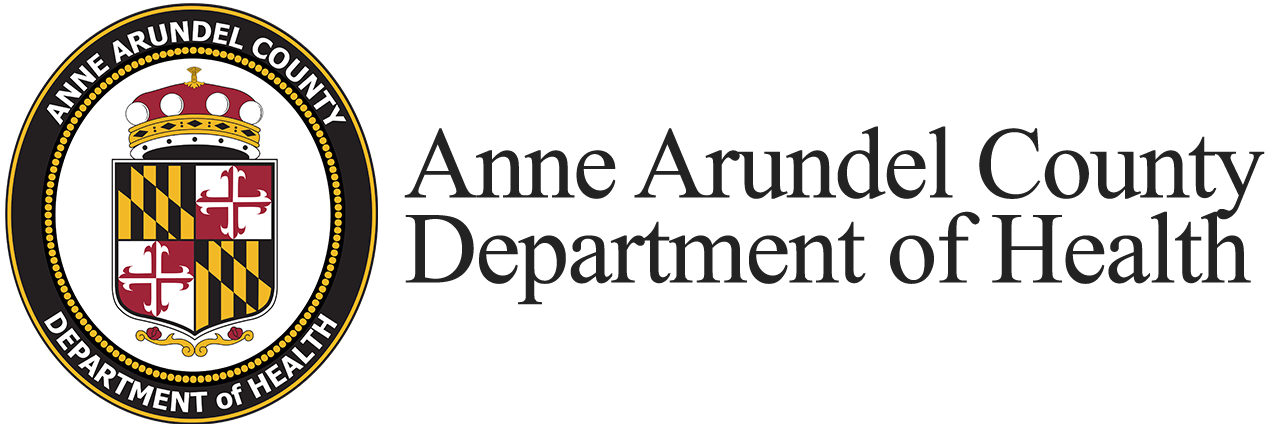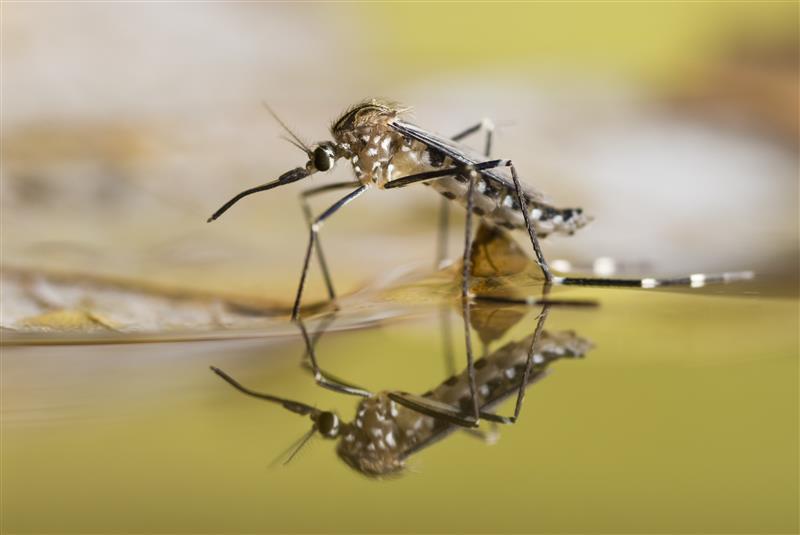Public Health Alert: According to the CDC, the number of reported pertussis (whooping cough) cases this year is higher than this time last year.
For those who are less than one year of age, pregnant or have a weakened immune system, pertussis can be more severe.
Vaccines are your best protection against pertussis.
Mosquito Control Tips - Learn how you can help control the mosquito population in your community.
The Department of Health responds to Property Maintenance Code concerns, which are limited to the following:
- Collection of stagnant water on residential swimming pool covers due to improper maintenance during the winter season
- Stagnant or noncirculated water in residential swimming pools or ponds due to improper maintenance
- Collection of trash or debris on a property
- Storage of usable materials on a property
- Collection of rainwater on a property due to improper design or drainage of drains, gutters, downspouts and sump pumps
For concerns, call 410-222-7192 or contact us.
What measures can a homeowner take to reduce the number of mosquitoes in a community?
The most important thing a homeowner or community can do to reduce the number of mosquitoes in a given area is to eliminate potential breeding sites for mosquitoes and mosquito larvae. Many homeowners have installed ornamental ponds in their yards. It is important to keep these ponds populated with fish. These ponds are breeding grounds for mosquitoes, and the fish will control the population. Alternatively, placing larvicide dunks or circulating the pond is necessary.
Homeowners are encouraged to inspect their property and eliminate any outdoor containers capable of holding water, such as:
- birdbaths*
- boats
- bottles or cans
- buckets or gallon containers
- clogged or poorly drained gutters
- corrugated piping
- flower or garden pots*
- uncirculated ponds and swimming/kiddy pools
- plastic bags
- rain barrels
- tarps
- tires
- trash can with or without lids
- wheelbarrows
*Water should be replaced every three days to eliminate mosquito larvae from maturing into adult mosquitoes.
Mosquito Spraying
Mosquito-spraying services are undertaken by the Maryland Department of Agriculture (MDA) where a positive test for a mosquito-borne disease is identified through surveillance activities. Residents are notified of the positive test result, potential for the transmission of a mosquito-borne disease, and immediate need for mosquito spraying services in a geographic area. For more information, call MDA at 410-841-5870 or visit mosquito control.
In addition to the surveillance, local health officials monitor the occurrence of mosquito-borne cases in humans for eastern equine encephalitis (EEE) virus, St. Louis encephalitis (SLE), West Nile virus (WNV) and Zika virus. The cases are mapped using a geographic information system (GIS) and mosquito-spraying services are enhanced in the identified areas.
Exclusion Requests
Properties requesting an exemption or exclusion from mosquito spraying will not be recognized where mosquito spraying is necessary to protect public health or where services are enhanced based on documented human cases of mosquito-borne diseases.
Nuisance Abatement
Mosquito-spraying services to abate or control adult mosquitoes as a nuisance are initiated only when surveillance data exceeds the action threshold. This includes the following and applies only to participating communities:
Action threshold to initiate ground mosquito spraying activities:
- 12 adult mosquitoes minimum using the light trap collection method; or
- 3 adult mosquitoes in a 2-minute period minimum using the landing rate method.*
Action threshold to initiate aerial mosquito spraying activities:
- 100 female adult mosquitoes minimum using the light trap collection method; or
- 12 mosquitoes per minute minimum using the landing rate method.*
*A count of the number of mosquitoes landing on an inspector’s body below the waist is used to determine the adult mosquito population.
Larvicide, or biological control agents to prevent mosquito larvae, eggs and pupae from developing into adult mosquitoes, is used as the primary method to control the mosquito population in a given area. Where field data indicates the presence of one or more mosquito larvae per standard dip test, larvicide is applied to the stormwater or wet pond, marsh, wetland or mosquito breeding site.
Larval inspections are conducted by trained personnel. A decision to use a larvicide takes into consideration the type of mosquito and the distance to a residential area. Larvicides are applied using manually carried or vehicle-mounted spreading equipment or from specially equipped aircraft. All larvicide applications are made under permits issued by the Maryland Department of the Environment. Permit applications are made on a county basis for specific areas within the county and for individual insecticides. The permit allows a limited number of insecticide applications within a specific time frame.
Community Outreach
For educational materials on measures to minimize the mosquito population and information concerning community outreach, call MDA at 410-841-5870 or the Department of Health at 410-222-7192.
MDA monitors mosquito-breeding sites to assess the need for larvicide application and mosquito-spraying services. Mosquito spraying is undertaken to protect public health and for nuisance abatement in participating residential communities.
The use of insecticides to control the adult mosquito population is undertaken as a secondary control measure, since insecticides are short-lived and provide only a temporary means to reduce the adult mosquito population in a geographic area.


